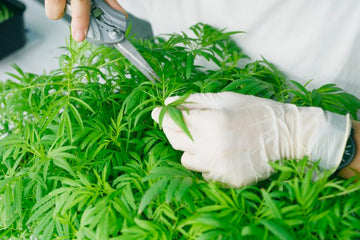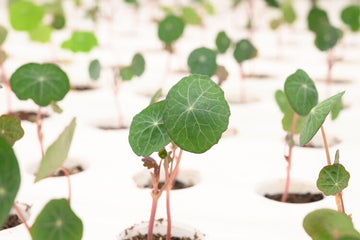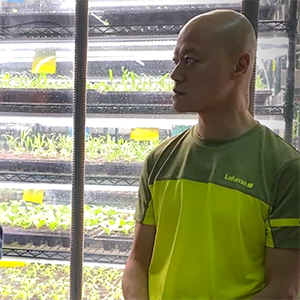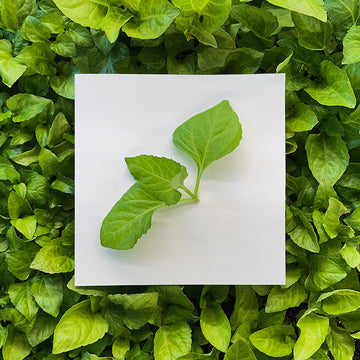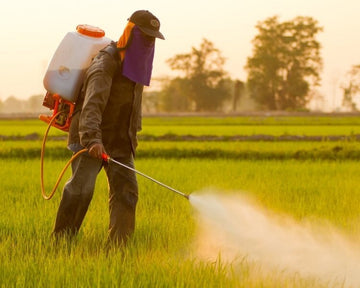
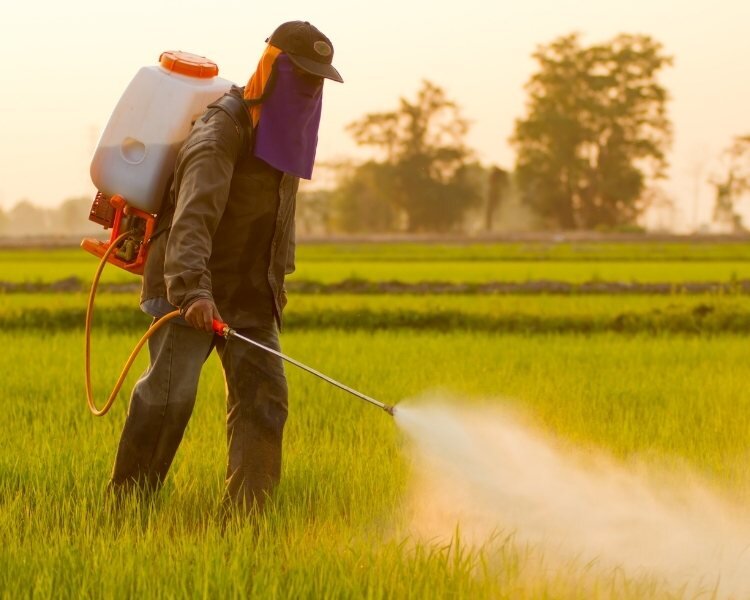
Background and Controversy
Pesticides - one of the most controversial aspects of growing food. The word can refer to a wide range of substances including rodenticide, herbicide, and insecticide, and are meant to control all kinds of pests in order to yield an increase in crops harvests. Ideally, pesticides would target specific pests without causing any effects to humans and other plants and animals, but no pesticide, whether natural or man-made, is perfect in terms of providing pest control without side effects.
There are two main kinds of pesticides - synthetic and organic. Synthetic pesticides are created in industrial labs, while organic pesticides are naturally occurring chemicals that may also be reproduced in labs. Synthetic pesticides are designed to be stable and long-lasting, and to have low toxicity to non-target pests. On the other hand, organic pesticides are made of chemicals that have evolved in nature and may not be as targeted to a single pest. For this reason, synthetic pesticides often act faster while organic pesticides can require more patience.
While most people would consider any pesticides to be bad, the use of pesticides is often considered necessary, especially in large scale agriculture. Pests and diseases can cause farmers to lose over half of their crops, and pesticides can ensure that much less food is lost as well as keep produce at affordable prices by producing a larger amount. Around 925 million people in the world are suffering from hunger. Without the use of pesticides, this number would likely be far larger. To reduce hunger, we need to increase food productivity, and pesticides play a role in that.
This is why one of the best options for growing produce, wherever and whenever possible, is in a controlled environment where the use of pesticides are limited or unnecessary.

In addition, pesticides are responsible for the widespread death of bee colonies - one of nature’s most important pollinators.
Potential Health Effects
There were multiple studies done to understand the level of harm that pesticides can cause to humans. International bodies like the World Health Organisation and the European Food Safety Authority have found the lowest level of different pesticides that cause observable symptoms, and then set an acceptable limit 100 to 1000 times lower than this for residue found on food. Despite these cautionary measures, some pesticides, both synthetic and organic, contain metals such as copper. These metals build up in the body over time. Furthermore, the long term effects of many modern pesticides have not yet been established.
The good thing is, these limits are not often broken. A European study found pesticide levels exceeded thresholds only 4% of the time - and considering that these thresholds are already placed so low for safety’s sake, there is little chance that this will lead to any immediate adverse health effects. That is why the main health issue associated with the use of pesticides is long-term effects, especially in regards to children. It is believed that potential risks include cancer and hormonal issues, as well as problems with the nervous system.
Another issue with chemical pesticides is that in most countries, the producer is only legally required to list the active ingredients in a pesticide. Therefore the inert ingredients, often around 95% of the product, are unlisted and a potential threat as the toxins in them are unknown. Common inert ingredients are creosols. Research has found them to be hazardous, causing skin and eye irritations, burns, inflammation and even blindness, central nervous system depression and kidney failure.
Additionally, both natural and man-made pesticides have serious impacts on the environment. They can contaminate soil, water, turf, and other vegetation, and are toxic to a large number of organisms. This can set negative cycles into motion that affect the food web for years, hurting ecosystems and biodiversity. Many natural pesticides are compounds that remain in the ecosystem for years, causing widespread impact as a result of their use. This study is a great place for further research on the topic.
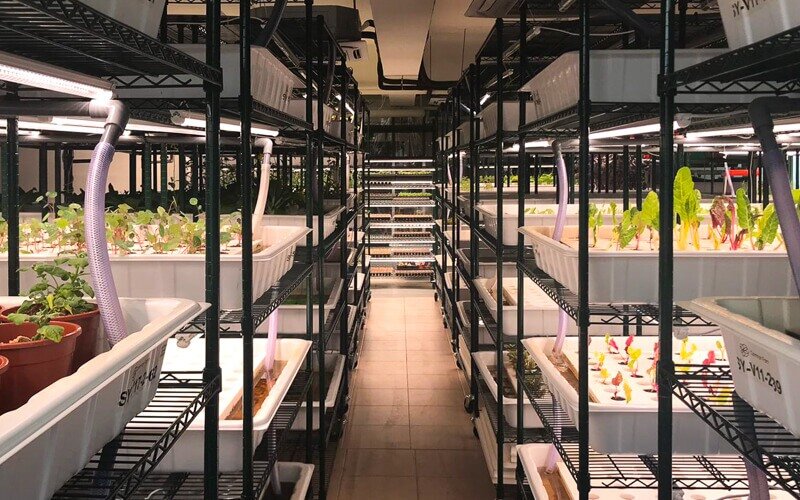
At Common Farms we have a controlled environment and never use pesticides.
A Better Option
Despite attempts to limit the negative impacts of pesticides, we can see that the best option seems to be no pesticides at all. Especially in Hong Kong, fruits and vegetables in supermarkets have regularly been found to have many times the acceptable limit of pesticides, as shown in this article by the SCMP.
We believe that one of the greatest advantages to controlled environment agriculture is the ability to grow pesticide-free produce. No matter what government regulations are set, we want to grow food for our community that is 100% safe and nutritious. That's why we have never used pesticides and never will use them in the future. You can be sure that all produce from Common Farms is grown with love, without the need for harmful chemicals. Not only is it better for you and your families, it is better for the planet as well.

